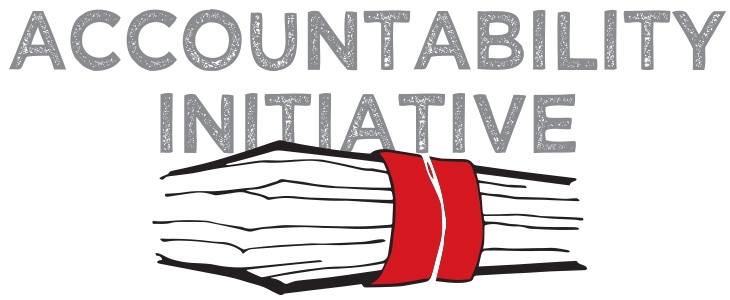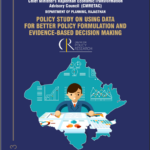
Scaling Up Social Accountability: Accountability Scorecard
1 December 2009
Strengthening accountability relationships between policy makers, service providers and citizens is at the core of the public accountability effort. After many years of practice, piloting and trial and error, efforts are now increasingly focused on how to scale-up and mainstream these interventions. To address this, I’m proposing a new tool called Accountability Scorecard. An “Accountability Scorecard” would identify and provide information about the factors that determine the long-term success of a Centrally Sponsored/Central Sector Scheme. The score card can be used as a checklist while drafting a new scheme or can be used as a performance measurement tool for already existing schemes.
My initial thoughts are that it should include five elements namely-
1. Strategic Planning,
2. Expenditure Management, Financial Controls and Reporting-Implementation
3. Accountability to Oversight Bodies
4. Monitoring of Service Delivery
5. Handling of Misconduct, Corruption and Maladministration.
The panel would give their individual scores on each of these 50 questions and thus a scheme can be categorized either as a Non-compliance scheme, or as an Extremely Poor Compliance or a Full Compliance scheme.
Sample questions might include:
* Has adequate/accurate data been collected about the sector and presented in the plan document?
* Does the plan nominate a responsible official for all the activities?
* Does the scheme have a clear guideline for state govt. and autonomous agencies to release a minimum grant amount every month?
* Is there list of districts for which the budget data not available?
* Is the reason for the non availability of the data is also specified?
* Is there a specific set of officers who can be held responsible if the minimum monthly grant does not reach the primary delivery unit (e.g.-schools/panchayat) ?
* Are there mechanisms for dispute resolution without going through the courts?
* Have the state governments’ views been solicited?
* Is the performance management scheme for the bureaucrats linked to the service delivery outputs of the Department?
* What kind of incentive structure is there to compliance with timely delivery of the output?
* Did the Department report adequately on cases of misconduct and corruption in its Annual Report to the Legislature?
And so on…
To start with there would be 50 questions in a score card. Each of which have a “yes/no” answer and each of which should be backed by a more detailed definition to make clear whether the answer is yes or no. A consolidated score can be generated on the basis of this.
Unlike a Community Score Card, here feedback won’t be sought from the local level community. For an example, if a civil society/Research organization wants to develop a scorecard for National Rural Health Mission, then it would invite a panel and the panel should consist of: State Facilitators for National Rural Health Mission, Accountant in the State Department , who is working on NRHM, Representative of a local NGO working on NRHM in the state, NRHM official from Delhi, Representative of an International NGO/organization who has worked on same scheme in different country, Academician. The panel would give their individual scores on each of these 50 questions and thus a scheme can be categorized either as a Non-compliance scheme, or as an Extremely Poor Compliance or a Full Compliance scheme.
For anyone interested in thinking seriously about how to scale-up social accountability efforts, I believe this can be a good beginning of a necessary conversation.
Sruti Bandyopadhyay is a Researcher at Accountability Initiative.





